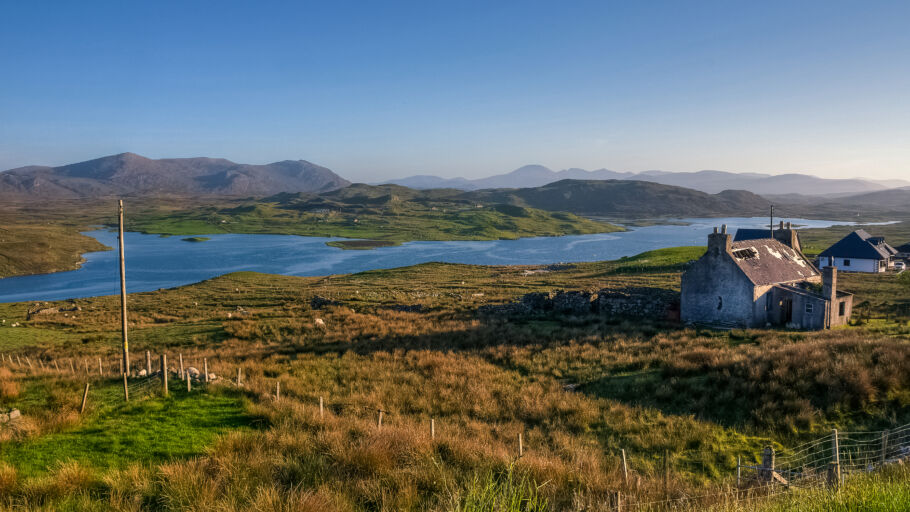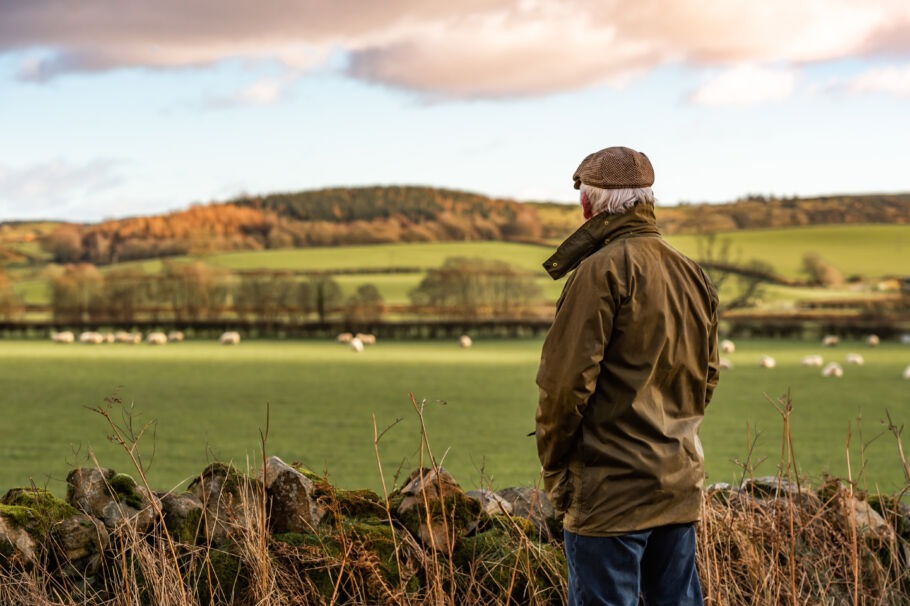Date published: 30 October 2007
Parking – a 21st Century Servitude?
The eagerly awaited House of Lords decision in the Scottish case of Moncrieff v Jamieson has finally been delivered, in what it is fair to say is a landmark decision for Scottish property rights. In a unanimous decision, which none the less contains some differences of opinion as to some of the detail, their Lordships have confirmed that it is possible for a servitude right to park to be implied as a necessary accessory to an express right of access, upholding the view originally expressed by the sheriff over four years earlier.
Access and parking
Mr and Mrs Moncrieff, the owners of a property in Sandsound, Shetland known as “Da Store” raised the original action to prevent their neighbours, Mr and Mrs Jamieson who owned the neighbouring house, “The Storehouse”, from erecting a wall over part of the access road by which the Moncrieffs gained access to Da Store, by virtue of a fairly simply stated right in their title, giving them a right of access from the public road.
The geography of the properties is significant, in that the route of the access from the public road was down a steep slope, and the properties themselves are located at the foot of a steep escarpment near to the foreshore. Alternative means of access are simply not available. It was accepted by the parties that the terms of the grant included both pedestrian and vehicular access.
In addition to exercising the right of access however, the Moncrieffs had also used the access road to stop and unload vehicles and turn them to return up the hill, and also to park next to Da Store – the nearest alternative parking being at the top of the hill on the public road, some distance away, and they did this for a number of years without objection from the Jamiesons. The wall which the Jamiesons started to build on their property would compromise the Moncrieffs’ ability to park in the area they habitually used for this purpose, and so they raised an action of interdict in respect of the erection of the wall, which the sheriff granted on the basis that the Moncrieffs had a right to park as accessory to their right of access.
Is parking a servitude right?
The principal issue in this case is whether a right to park is ever capable of being constituted as accessory to an acknowledged servitude of vehicular access, and if so, whether in fact such a right was constituted in the particular circumstances of this case, and this has now been confirmed.
Much discussion and debate has taken place over the last few years about whether a servitude right of parking could be created as a freestanding right, as distinct from an ancillary one, as in this case. The arguments against such a right tend to focus on the proposition that a right to park is by its very nature repugnant with ownership, and this decision does not tell us whether a right to park vehicles can exist as a servitude in its own right under Scots law. The English law of easement has similar issues, described as the “ouster” principle, and there are conflicting decisions about the extent to which a right, the exercise of which effectively deprives an owner of reasonable use of the land, should be recognised as a servitude.
Several of the opinions delivered in this appeal on this point differ slightly in approach and degree from each in a number of respects, but what emerges is a recognition that there should be no reason why an owner of land should not grant whatever rights of a servitudal character over his land that he wishes. The test should not be whether the servient owner is left with any reasonable use of his land, instead it should be whether the servient owner retains possession and control of the servient land, subject to the reasonable exercise of the right. A comparison is drawn between the extent of the exclusion from the servient land caused by the parking of cars, and the effect of servitudes of aquaehaustus and aquaeductus where there may be a permanent dam constructed on the servient land from which water is then lead through pipes, which are permanently laid over the servient land. Such an incursion could hardly be more exclusive and yet such rights have always been recognised.
Lord Hope’s opinion is that “the fact that the servient proprietor was excluded from part of his property is not necessarily inimical to the existence of a servitude”. Lord Neuberger, in a useful consideration of the relative approaches north and south of the border says “I am not satisfied that a right is prevented from being a servitude or an easement simply because the right granted would involve the servient owner being effectively excluded from the property”.
Known types of servitudes
The type of right that can be established as a servitude is generally restricted to a fixed list of known types, although it is not completely clear what is on that list. For servitudes created by express grant, that fixed list was disapplied by the Title Conditions (Scotland) Act 2003, but with a qualification that no servitude created by express grant should be repugnant with ownership. Back at the fixed list however are such rights as fuel, feal and divot, and the right of bleaching, rights which historically were important but which are either less so, or irrelevant, these days. Modern rights such as the right to park are of far more significance to the 21st century owner, and there is an obvious analogy to be drawn between this and the rights that were commonly exercised as ancillary to rights of passage for animals over drove roads. Such rights would often include stances where animals could be rested and pastured, which would inevitably exclude the servient owner.
Scots law in this area historically recognises changes to settled legal principles as a result of modern practices. The servitude of bleaching is itself a product of this evolution. How much of a step is it for a servitude of parking to be recognised in Scots law? Although there was some hesitancy evident, none of their Lordships expressed the view that it could not be. While Lord Hope reserves opinion on this point as not being necessary for the purpose of the case, Lord Rodger says “I see no reason why a servitude of parking should not be recognised in Scots law”. Lord Scott answers the question as to “whether a servitudal right to park appurtenant to [another] right…is recognised by law” by confirming that there should be no doubt that it is. Lord Mance, while stepping back from expressing a final view on the point, says “If, as I consider, a right to park can exist as impliedly ancillary to an express servitude right of access over property retained, I find it difficult to think that it cannot exist as an independent servitude over the property retained when this is impliedly necessary for the convenient and comfortable enjoyment of the property disposed of.”
Unique set of circumstances
It is important to remember the distinctions in this case: the courts were being asked to confirm that the right to park can arise by implication out of a right of access, not as a matter of express grant, and the right, if it exists, is one which is ancillary to a right that has been effectively created. The particular circumstances of this case, in particular the geographical features of the land, played a large part in the deliberations, as did the practical difficulties that would otherwise be experienced by the owners of Da Store if they could not park after having exercised their right of access, but would have to turn around and drive back to the public road to do so. Each of their lordships referred to the location and the unique circumstances that it imposed as being a pivotal part of the decision.
So is the recognition of a freestanding servitude right of parking any closer after this judgement? Given the reticence displayed by the law lords on this point, it is clear that this decision is one which needs to be picked over carefully, and while it acknowledged the existence of a servitude right to park, as ancillary to a right of access, much was made of the unique circumstances of this particular case in coming to that decision. Principally this means that attempts to establish an implied servitude right to park in other circumstances would not necessarily be successful, but undoubtedly the expression “servitude right to park” is now an undisputed element of Scots legal vocabulary as a result of this decision.
To find out more contact us here
Expertise: Real Estate Disputes, Rural Disputes















